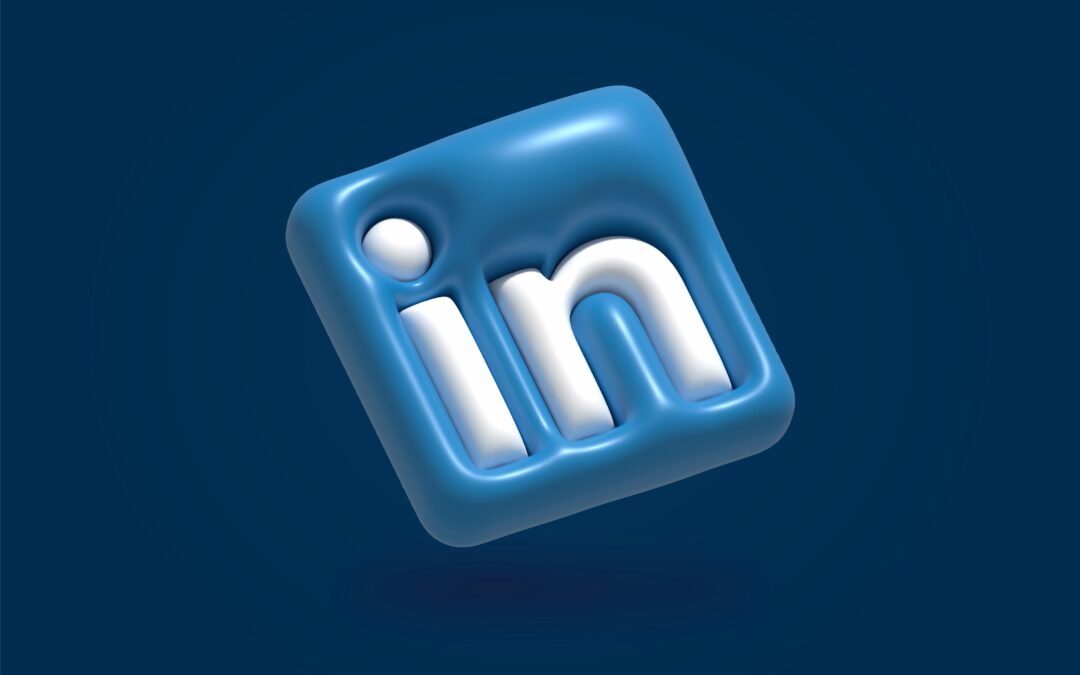LinkedIn, primarily known as a professional networking platform, holds significant value for healthcare providers, including doctors, nurses, psychologists, psychiatrists, and other medical professionals. While it may not be the first platform that comes to mind for patient interaction, LinkedIn offers a range of benefits that can enhance a healthcare provider’s professional presence, career development, and even patient care. Below are some key reasons why LinkedIn is valuable for healthcare providers.
Professional Networking and Collaboration
LinkedIn is an excellent platform for healthcare providers to connect with peers, specialists, and other professionals within the healthcare industry. This networking can lead to various opportunities:
-
- Collaborative Research: Connecting with other healthcare professionals on LinkedIn can facilitate collaborative research projects, sharing of best practices, and joint efforts in advancing medical knowledge.
- Referrals and Consultations: LinkedIn can help build a referral network. For example, a psychologist might connect with general practitioners who can refer patients needing specialized mental health services.
- Continuing Education: LinkedIn’s network can introduce providers to educational opportunities, conferences, webinars, and other professional development resources.
Building Thought Leadership and Credibility
LinkedIn allows healthcare providers to position themselves as thought leaders in their field. By sharing knowledge, insights, and opinions on industry trends and healthcare topics, providers can build credibility and establish themselves as experts.
-
- Publishing Articles: Healthcare providers can write and publish articles on LinkedIn to share their expertise on specific medical conditions, treatment approaches, or healthcare innovations.
- Engaging in Discussions: Participating in discussions within LinkedIn groups or comment sections can help providers demonstrate their knowledge and engage with a broader audience of professionals.
- Webinars and Presentations: Providers can promote and even host webinars or virtual presentations on LinkedIn, sharing their knowledge with colleagues and the wider community.
Recruitment and Career Advancement
For healthcare providers considering career advancement, LinkedIn serves as a valuable platform for job hunting and recruitment.
-
-
- Job Opportunities: LinkedIn offers job listings specifically tailored to the healthcare industry, helping providers find positions that match their skills and career goals.
- Professional Branding: A well-crafted LinkedIn profile can serve as an online resume, showcasing a provider’s education, experience, and professional accomplishments. This can be critical when applying for new roles or seeking promotions.
- Recruiting Talent: Healthcare providers in leadership roles can use LinkedIn to recruit new talent for their teams, identifying and reaching out to potential candidates directly.
-
Patient Education and Outreach
While LinkedIn is more business-oriented than platforms like Facebook or Instagram, it still offers opportunities for patient education and outreach, particularly for providers looking to connect with a professional audience.
-
- Educational Posts: Providers can share informative posts or articles that educate their professional network about health issues, treatment options, or preventive care, indirectly reaching potential patients who follow them.
- Health Advocacy: LinkedIn can be a platform for healthcare providers to advocate for public health issues, share policy updates, and engage in discussions that impact the broader community.
Staying Updated with Industry Trends
LinkedIn is a valuable resource for staying updated with the latest developments in healthcare. By following industry leaders, healthcare organizations, and professional associations, providers can stay informed about:
- Medical Innovations: Learn about new technologies, treatments, and best practices being adopted in the healthcare industry.
- Policy Changes: Keep up with healthcare policies, regulations, and changes in healthcare delivery models.
- Continuing Education: Discover opportunities for certifications, workshops, and courses that can enhance your skills and knowledge.
Enhancing Practice Visibility
For providers who manage their own practice or are part of a healthcare organization, LinkedIn can enhance visibility and attract new patients or clients.
-
- Practice Branding: A professional LinkedIn page for your practice can help establish your brand online, sharing your services, patient testimonials, and healthcare philosophy.
- Engaging Content: Regular updates about your practice, such as new services, success stories, or community involvement, can attract the attention of potential clients and collaborators.
Conclusion
LinkedIn offers healthcare providers a multifaceted platform that goes beyond networking. It enables professionals to build their brand, share their expertise, advance their careers, and stay connected with the latest industry trends. Whether you’re looking to enhance your professional reputation, recruit talent, engage in thought leadership, or simply stay informed, LinkedIn provides a valuable space for healthcare providers to achieve these goals.
The key is to use LinkedIn strategically—by actively participating, sharing valuable content, and engaging with your network, you can unlock the full potential of LinkedIn for your professional growth and practice development.

